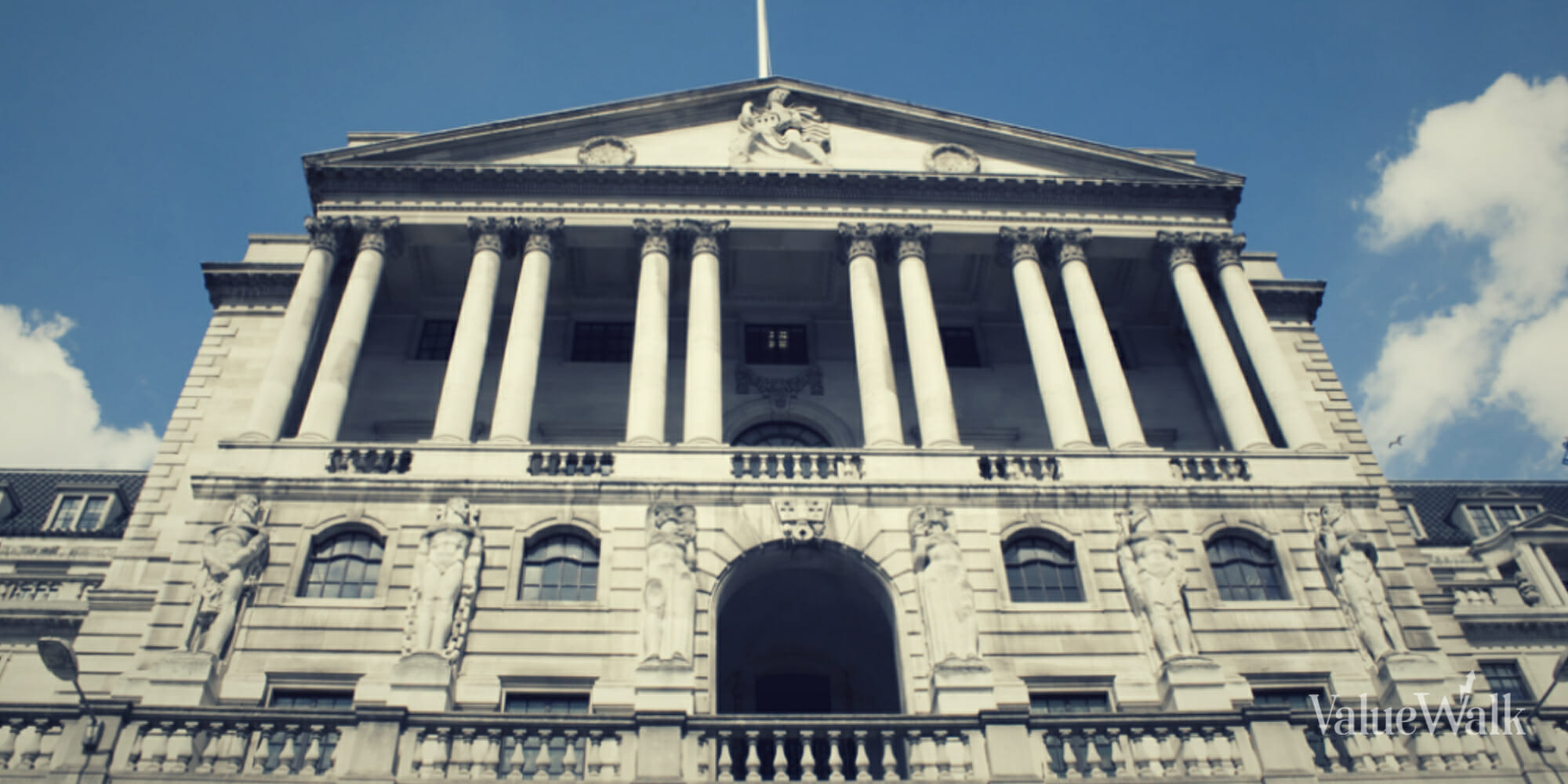The Bank of England will raise interest rates again next month despite UK inflation cooling, predicts the CEO of one of the world’s largest independent financial advisory, asset management and fintech organizations.
The warning from deVere Group’s Nigel Green comes as fresh figures reveal that UK inflation fell to 7.9% in June, from 8.7% the month before.
Bank Of England Will Continue To Raise Rates
He says: “Despite the data showing that the battle against inflation in the UK is being won, we expect the Bank of England will confirm it’ll continue with its aggressive interest rate hiking agenda at the monetary policy meeting on August 1.
“Although the consumer price index fell to 7.9% last month, amid lower petrol prices and a slowdown in the pace of growth for food, beverages and other basics, the central bank officials will likely argue that there is still work to be done.
“We believe the Bank will insist that although inflation is certainly coming down, it is doing so very, very gradually. It remains sticky – still the highest in the G7 – and a long way from the 2% target.
“They will say prices are still far too high and rising at a quicker pace than they have done in the past. In addition, they are likely to cite strong wage growth in the three months to May.”
He continues: “Against this backdrop, we expect the Bank of England to increase interest rates for a 14th consecutive time at its next policy meeting – and we wouldn’t be surprised if there were a second consecutive 50 basis point hike.”
More Misery For Households
Another interest rate hike could “pile on more misery” for households, homeowners, and businesses.
Higher interest rates lead to increased borrowing costs, making mortgages more expensive. Homeowners with variable-rate mortgages are likely to face higher monthly payments. Rising interest rates will also reduce disposable income as loan repayments increase, affecting household spending and overall economic activity.
Businesses reliant on borrowing may face higher interest expenses, which can affect their profitability and ability to expand or invest. In addition, higher interest rates can reduce consumer spending, affecting businesses dependent on consumer demand.
Hiked interest rates typically negatively impact the value of existing fixed-income investments, such as bonds, as newer issuances offer higher yields.
The higher rates also historically lead to stock market uncertainty and increase volatility, as investors reassess the attractiveness of different investments. Sectors sensitive to interest rates, such as housing, cars, and financial sectors, could experience greater impacts than others.
Nigel Green concludes: “We believe that although the battle to tame inflation seems to be being won, with the lowest reading in 16 months, the Bank of England is highly unlikely to be dissuaded from its course of rate hiking action for the time being.”
About deVere Group
deVere Group is one of the world’s largest independent advisors of specialist global financial solutions to international, local mass affluent, and high-net-worth clients. It has a network of more than 70 offices across the world, over 80,000 clients and $12bn under advisement.





